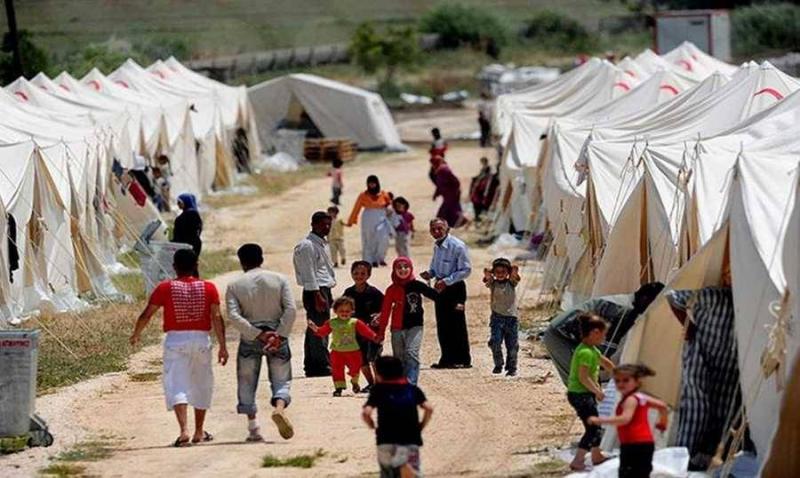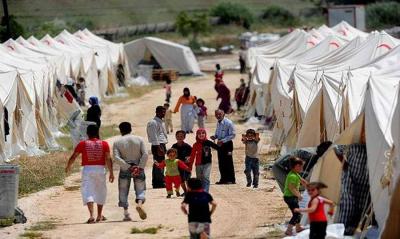The United Nations High Commissioner for Refugees (UNHCR) in Lebanon announced that "following the report published on a site titled: 'When You Criticize an Announcement and Forget the Two Million: Retreat… Before It's Too Late,' which mentioned the Commission's intention to keep displaced persons in Lebanon, it is important for the UNHCR in Lebanon to clarify the following, and we request that our clarification be published in accordance with the right to respond."
It added: "As is the case in various countries around the world, the Commission is tasked with supporting host governments in their response to the situation of refugees. The role of the Commission in supporting Lebanon is to host the refugees who have been able to seek asylum in it. The reasons for their asylum in Lebanon are not due to the Refugees Commission or the United Nations.
We have always been very transparent about our position that the United Nations – including the Refugees Commission – does not hinder the return of refugees to Syria. There is no international conspiracy to keep Syrian refugees in Lebanon, nor is there a hidden agenda in this regard. We all hope that durable solutions and safe returns will be possible for larger numbers of refugees. However, challenges remain, and the United Nations is making every effort to find long-term solutions for Syrian refugees, including resettlement to third countries as well as return to Syria."
It also confirmed that "we work with all stakeholders, including the Lebanese government, the Syrian government, other neighboring host countries, and the international community to address the concerns that refugees cite as obstacles to their large-scale return and to address the increasing needs that call for more support within Syria."
The statement highlighted that "within Syria, the Commission and its partners have intensified their support for communities receiving returnees. This support approach includes concrete assistance programs in the areas of shelter and legal aid, such as facilitating access to civil documentation, distributing relief items, securing livelihood opportunities, and rehabilitating schools and health facilities, as well as other civil infrastructure."
Simultaneously, it is essential to maintain constructive conditions in Lebanon to prevent exacerbating vulnerabilities among the most vulnerable Lebanese and refugees, and to continue responding to their basic needs. In this regard, the United Nations continuously appeals to the international community to generously support these efforts while the search for durable solutions continues."
It clarified that "the General Directorate of General Security, on behalf of the Lebanese government, facilitates the return of Syrians who, according to the General Directorate, have expressed their desire to return and have registered with the General Security offices to do so. While the return trips facilitated by the General Directorate of General Security are not affiliated with the Commission, the Commission participates in supporting the Director-General's efforts in organizing these trips and is present at the departure points under the General Security offices at the time of refugees' departure."
In conclusion, it "would like to point out that throughout its existence and work in Lebanon for decades, the joint efforts of the United Nations have always been based on supporting the long-term goals of peace, security, and development in Lebanon. The United Nations remains committed to continuing its vital work with the Lebanese government and partners to respond to the needs and concerns of the Lebanese people, as well as to enhance these efforts to ensure the sustainable advancement of Lebanon on all fronts."




